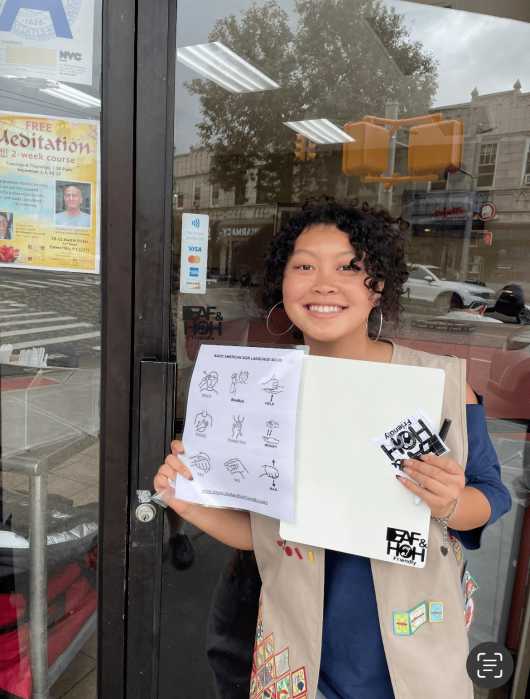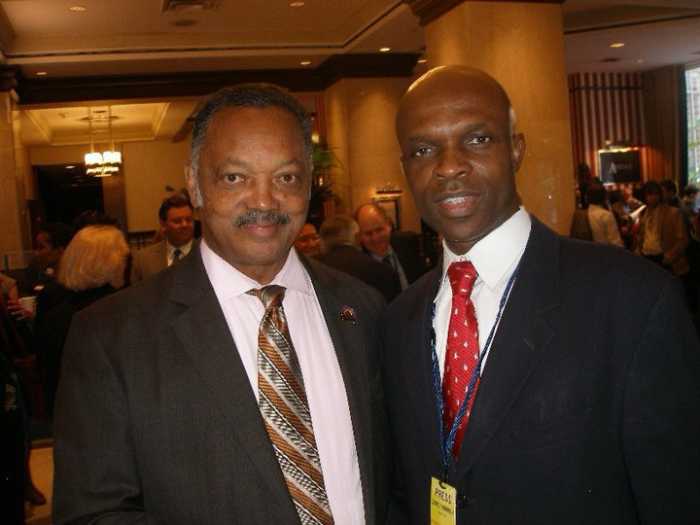BY ERIC L. ADAMS
On April 28th, 1973, Clifford Glover, a 10-year-old boy, was killed by Thomas Shea, an undercover police officer, in South Jamaica, Queens. His shooting sparked several days of riots in the neighborhood, riots that were inflamed when Shea was acquitted of murder. I was one of the young residents of that neighborhood, a 13-year-old boy witnessing what I perceived to be injustice in my community and the explosion of anger that resulted.
Over 40 years later, these emotions have been reignited, with the Staten Island grand jury decision not to move forward and to end all further local criminal inquiry into the death of Eric Garner. It is difficult for many of us to accept this decision considering both hearing the video of a man on the ground yelling, “I can’t breathe,” and the Chief Medical Examiner stating the chokehold was the cause of Mr. Garner’s death. I share in the disbelief that many people are feeling about this result. The question is what we, as concerned citizens seeking justice in our society, will do. We have seen what the modern version of riots, like those I witnessed in South Jamaica back in 1973, look like from the fires in Ferguson, Mo. How will what we do next impact children in our city who are watching our response?
I believe we ought to protest the perceived injustice of our criminal justice system, a system that was questioned by no less than the president of this nation amid last week’s events in Ferguson. I also believe that we must respect the family of Mr. Garner, who has requested that these protests be nonviolent, in the spirit of how he lived his life. We must turn pain into purpose, particularly because this anger we feel is larger than this situation in Staten Island.
This is about Michael Brown, this is about Akai Gurley, this is about Clifford Glover and all of the innocent men we have senselessly lost. For a man like me, one who has seen countless tragedies of this character take place in our city and our nation, this is what I think about at a time like this.
It is fair, in the wake of these incidences, for citizens to question the performance and purpose of our grand jury system. It is easy for grand juries to deal with average Joes who rob a liquor store. The challenge is far greater when it comes to addressing police officers who may potentially be guilty of misconduct. Addressing that reality may prove to be part of the larger solution.
We need to be committed to change at all levels of our society, willing to wrestle with these long-unanswered questions and heal the wounds that generations of apathy have allowed to fester. This is a commitment that has defined my career, including my decision to join the New York City Police Department, in order to effect real reform from the inside. In personal and private moments with Mayor de Blasio, I have seen that commitment lies in him as well. I consider him to be the right leader for this moment, and I know we as a city have long been ready to be led in this necessary direction.
So, what do we do next? We organize, to ensure in every possible way that all lives matter. We let the anger of this moment fuel the action we must take, action that includes advancing police-community relations as well as tackling issues of equity that have long contributed to social unrest. We set a better example, in every aspect, for the children that will be shaped by our activism.
Eric L. Adams is the Brooklyn Borough President, a retired NYPD captain and the co-founder of 100 Blacks in Law Enforcement Who Care.
RECOMMENDED STORIES
- Op-ed: Reactivate the Rockaway Beach Rail Line
- Op-ed: Solutions to increasing diversity without changing the SHSAT
- Op-ed: Small businesses vital to Queens and the nation


































